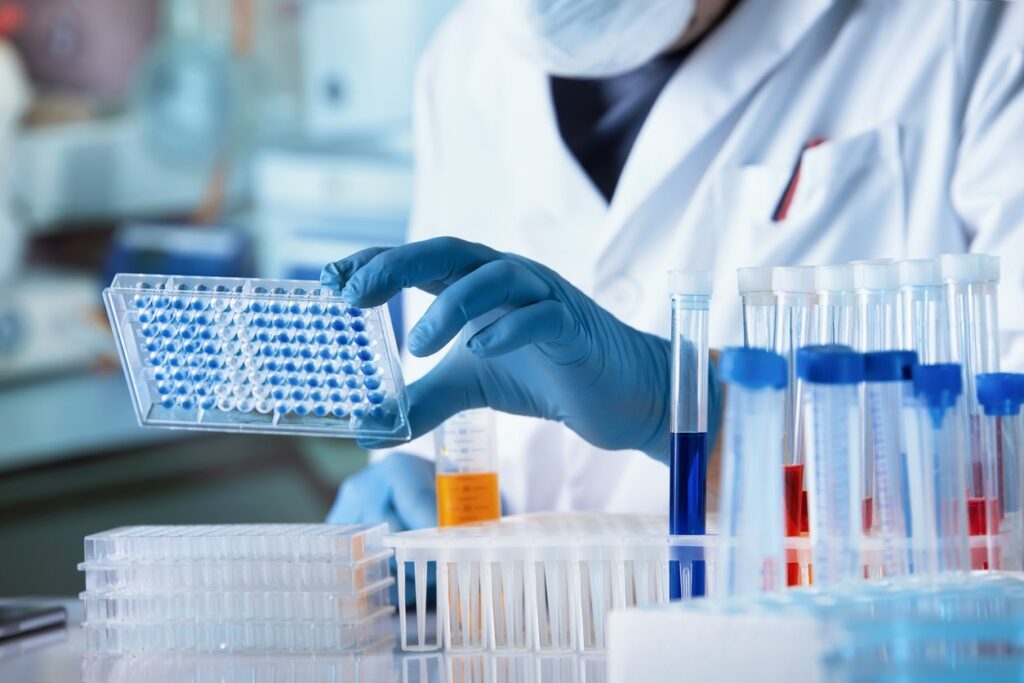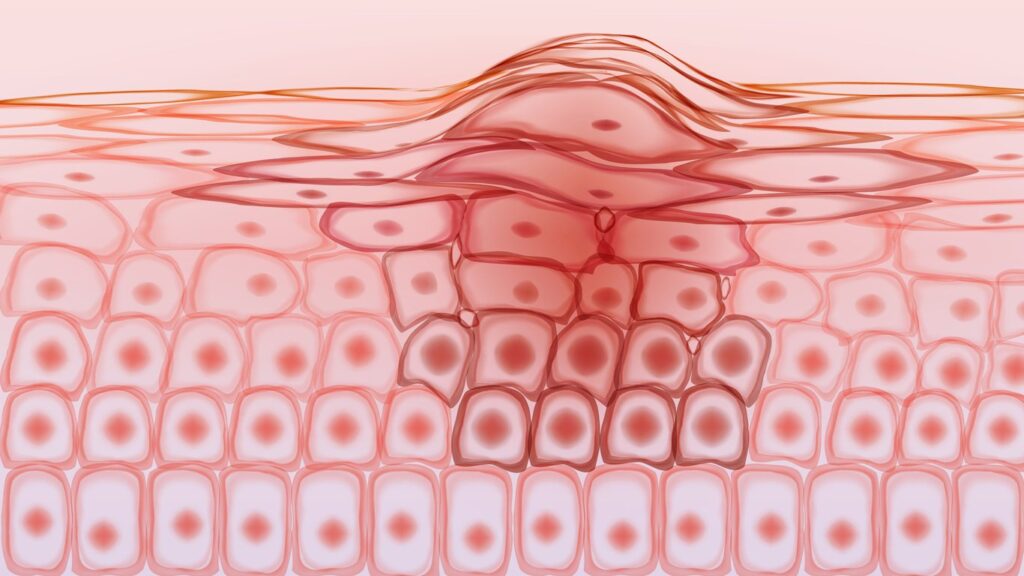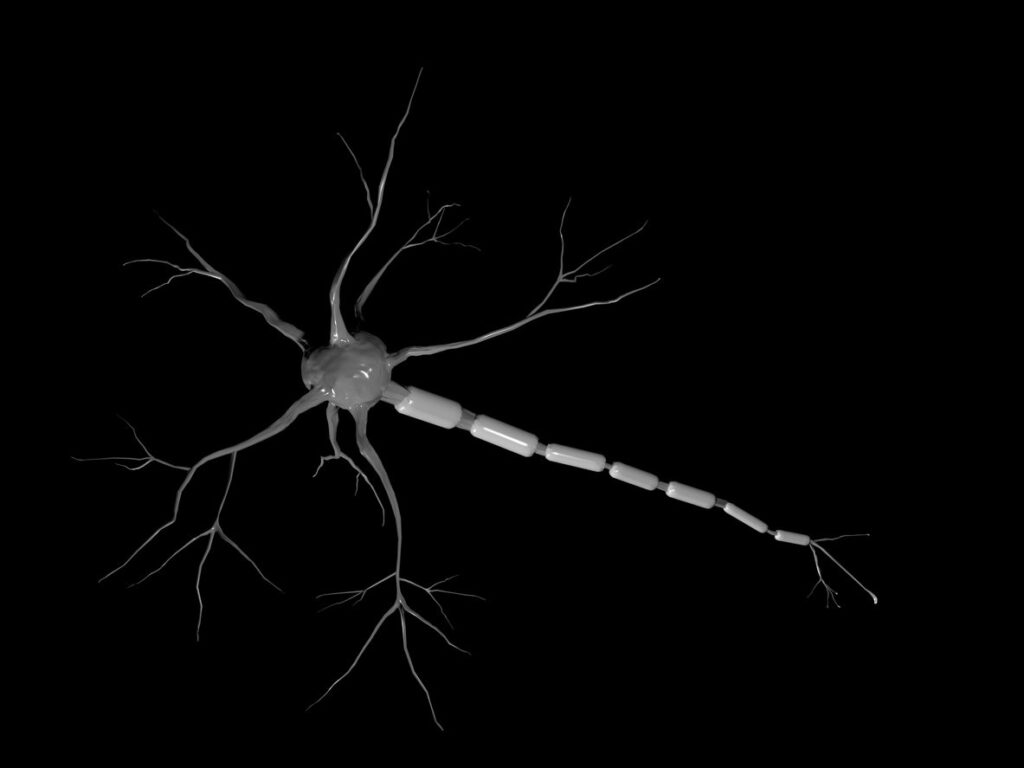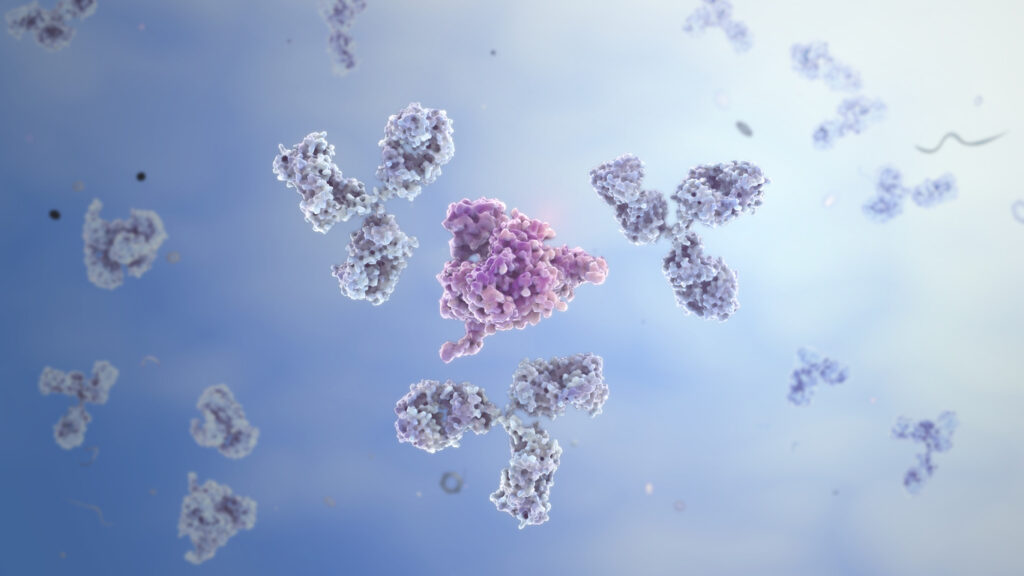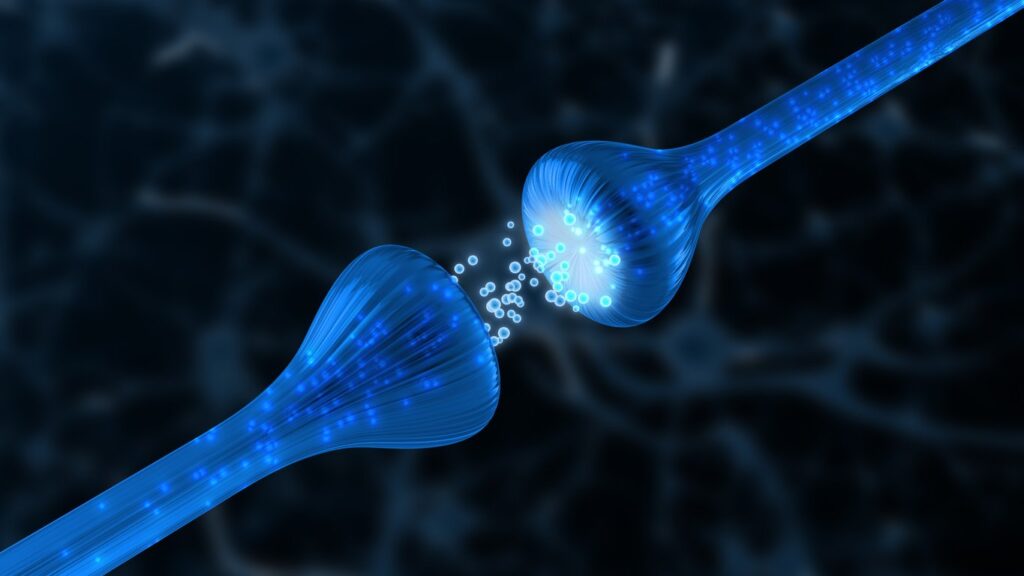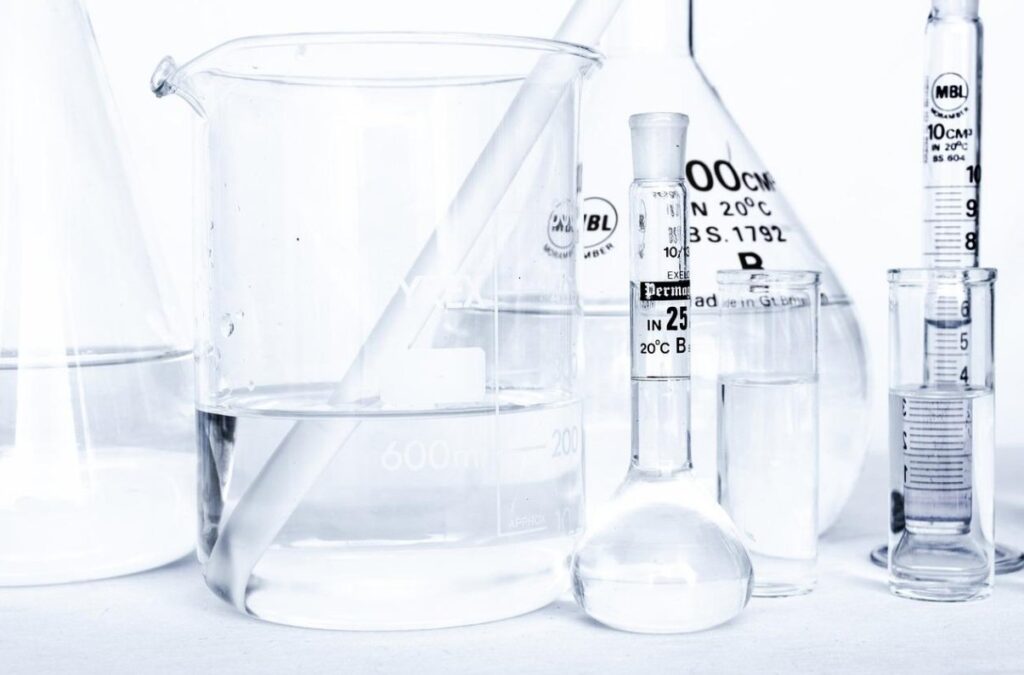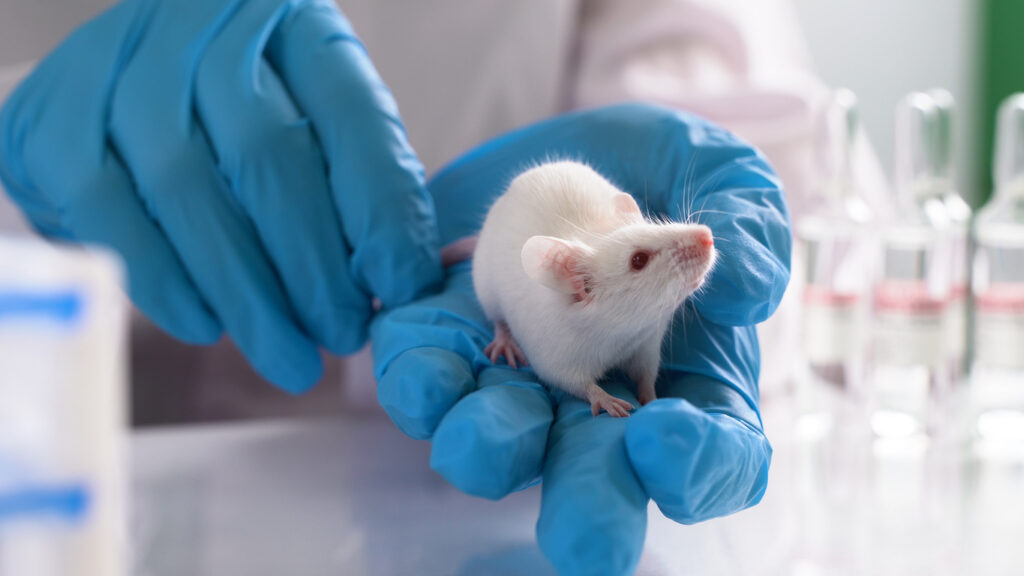Peptide Blog
All articles and shared info are for educational purposes only.
Latest Peptide Articles
BPC-157 & TB-500 Blend: An Exploration in Cell Proliferation and Regeneration
The BPC-157 & TB-500 blend incorporates two synthetic peptides with very different structures but similar research potential. TB-500 is a synthetic version of the thymosin beta-4 (Tβ4) peptide that naturally occurs in the cells of the thymus gland. It is made of 43 amino acids encoded by the TMSB4X gene. The peptide has the following...
The Neuroendocrine Potential of Hexarelin
Hexarelin is a synthetic hexapeptide that belongs to a class of growth hormone-releasing peptides (GHRPs). It is also known as examorelin, EP-23905, and MF-6003. The amino acid sequence of hexarelin is His - D-2-methyl - Trp - Ala - Trp - D-Phe - Lys -NH2. This hexapeptide was derived from GHRP-6 (growth hormone-releasing peptide 6),...
CJC-1295 & Ipamorelin & GHRP-2 Blend and Pituitary Signaling
CJC-1295 & Ipamorelin & GHRP-2 are peptides that appear to have an affinity for receptors in the central nervous system. More specifically, they may interact with the pituitary gland cells and the hypothalamus. They are hypothesized to exert neuroendocrine actions, and their potential is tightly linked to their distinctive structures. CJC-1295 belongs to a class...
NAD+ Peptide and Cellular Aging
NAD+ peptide (nicotinamide adenine dinucleotide) is a coenzyme that plays a potential role in various biological processes, particularly in cellular metabolism. It is derived from the B-vitamin niacin (vitamin B3) in redox reactions, transferring electrons during metabolic reactions. NAD+ exists in two forms: oxidized (NAD+) and reduced (NADH). The scientific theory posits that the oxidized...
N-Acetyl Selank Studies on Cognitive Impact
N-Acetyl Selank is an acetylated form of the heptapeptide Selank. Selank is a synthetic analog of the natural tetrapeptide tuftsin (threonine - lysine - proline - arginine). The sequence of N-Acetyl Selank is acetyl - threonine - lysine - proline - arginine - proline - glycine - proline. Adding proline - glycine - proline at...
Acetyl Hexapeptide-3 and Neuromuscular Synapse
Acetyl Hexapeptide-3 (Argireline) is a synthetic peptide used in scientific research. It is a chain of six amino acids connected in a specific sequence: N-acetyl - L-alpha-glutamyl - L-alpha-glutamyl - L-methionyl - L-glutaminyl - L-arginyl - L-arginine amide. Acetyl Hexapeptide-3 has gained attention for its potential molecular mechanisms that may interact with the release of...
Kisspeptin-10 and The Central Nervous System and Hypothalamus
Kisspeptin-10, aka Metastin (45-54) or KP 45–54, is a peptide that is derived from the cleavage of Kisspeptin-54, which itself is produced from a precursor polypeptide encoded by the KISS1 gene. Kisspeptins are naturally produced by hypothalamic cells in the central nervous system. The kisspeptin (KISS1) gene, found in those cells, encodes a 145-amino acid...
Exploration of N-Acetyl Semax Actions in the Central Nervous System
N-Acetyl Semax is a synthetic peptide that is an acetylated version of Semax. Like Semax, it consists of a 4 amino acid fragment (Met-Glu-His-Phe), a common part in the sequence of all melanocortin hormones, such as the adrenocorticotropic hormone (ACTH), and a Pro-Gly-Pro fragment as a stabilizer, that is attached at the C-terminus. The acetylation...
Exploration of Gonadorelin (GnRH) in Hormone Regulation
Gonadorelin (GnRH), also known as growth hormone releasing factor (GHRF), somatocrinin, or somatoliberin, is a decapeptide made of 10 amino acids and has the sequence: pyro-Glu-His-Trp-Ser-Tyr-Gly-Leu-Arg-Pro-Gly-NH2. The first amino acid, pyro-Glu, is an unusual form of glutamic acid undergoing cyclization. Scientists consider this cyclization important for Gonadorelin's biological activity, as it may increase its stability...

